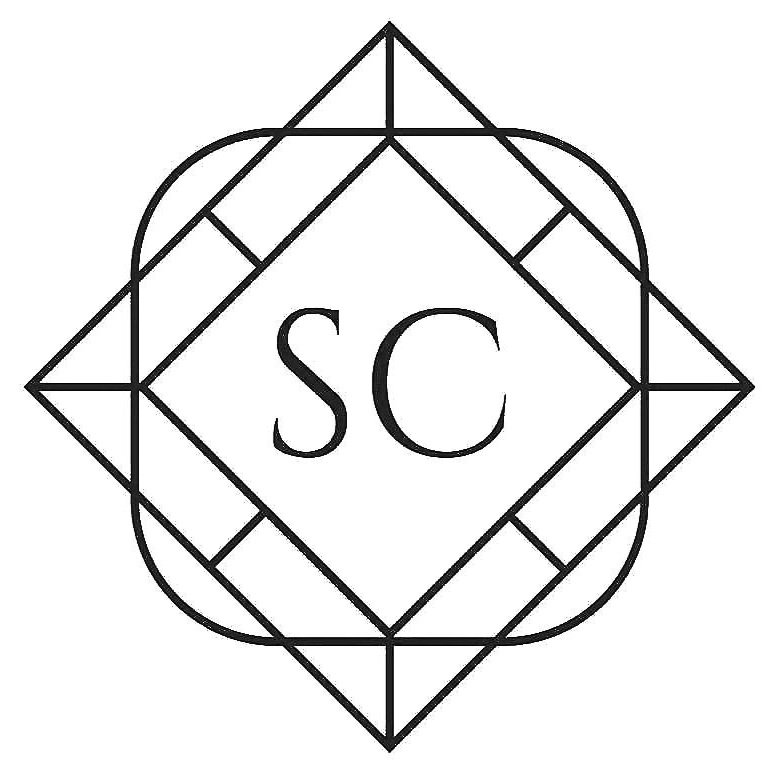The Great College Shift: State Schools Surge as Ivy League Interest Declines
As the college application landscape evolves, 2024 data reveals a notable trend: an increase in applications at state schools like the University of Michigan (up 16% from 2023), University of South Carolina (up 20%), University of North Carolina (up 15%), and University of Texas (up a whopping 25%), contrasted by a decline in Ivy League applications (Harvard is down 7%, Yale: 5%, Brown: 5%, and Dartmouth 10%). While this is a small set of schools, it represents a noticeable shift. Let’s discuss some of the underlying reasons behind this shift and its implications for prospective students.
The Rise of State School Applications
Accessibility and Affordability
2023 FAFSA Rollout Challenges: The 2023 rollout of the Free Application for Federal Student Aid (FAFSA) faced significant challenges, including technical glitches and confusion regarding new processes. Many students and families experienced difficulties in navigating the updated application system, which led to delays in financial aid notifications. As a result, the anxiety surrounding the financial aid process may have deterred some students from applying to more expensive Ivy League schools, pushing them toward state institutions where financial aid processes may be more straightforward and accessible.
State schools typically offer lower tuition rates for in-state students, making them a more affordable option compared to the steep costs associated with Ivy League institutions. This financial consideration is increasingly appealing as the cost of attendance seems to be on the rise with no slowdown in sight.
Many state schools have expanded their financial aid offerings to attract more applicants, contributing to their rising popularity.
Diverse Programs and Resources
State universities are investing in a wider array of programs, research opportunities, and campus facilities that rival those of Ivy League schools.
Enhanced career services and connections with local industries are also drawing students who are eager to secure employment post-graduation.
Changing Perceptions
There’s a growing recognition that a successful career does not hinge solely on an Ivy League degree. Prospective students are beginning to value the strong academic environments and successful alumni networks at state schools.
The Decline of Ivy League Applications
Perceptions of Exclusivity and Pressure
The Ivy League has long been seen as the pinnacle of academic prestige, but this exclusivity can also deter some students. The intense competition and perceived pressure may lead applicants to seek environments they deem more supportive and inclusive.
Focus on Fit Over Prestige
Students are increasingly prioritizing college fit, emphasizing factors like campus culture, support services, and alignment with personal goals over the allure of prestige. Many are recognizing that they can receive a quality education and valuable experiences at state schools.
Economic Considerations
The rising cost of tuition and associated student debt from Ivy League institutions are prompting students to consider the financial implications of their choices, leading them toward more affordable options.
The changing dynamics in college applications reflect broader societal trends and shifting priorities among high school graduates. As state schools continue to enhance their offerings and appeal, they are positioned as competitive alternatives to traditional Ivy League institutions. For students navigating the college decision process, understanding these trends can help inform their choices and lead to a more fulfilling educational experience.

